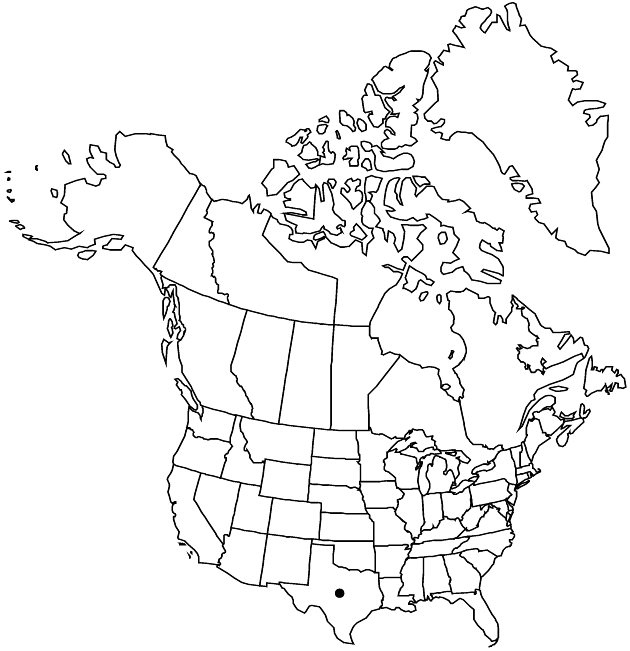Solidago juliae
Phytologia 67: 445. 1989.
Plants (50–)100–250 cm; rhizomes short. Stems 1–5, densely, evenly villoso-tomentose (hairs white, thin, crisped). Leaves: basal 0; mid and distal cauline lanceolate to narrowly lanceolate, 3-nerved, 50–80(–120) × 5–10(–12) mm, reduced distally to 10–20 mm, margins shallowly crenate or serrate to nearly entire, faces moderately to densely short pilose (hairs somewhat ascending). Heads 80–950, secund, in narrowly pyramidal paniculiform arrays, 3–4 times as long as wide, branches spreading and slightly secund, bracts linear-lanceolate, 3–6 mm. Peduncles moderately to densely villoso-strigillose, rarely sparsely minutely stipitate-glandular; bracteoles 1–2(–4). Involucres narrowly campanulate, 3–4 mm. Phyllaries in 3–4 series, oblong-lanceolate or lanceolate to narrowly elliptic, strongly unequal, margins apically ciliate, glabrous, rarely outer sparsely, minutely stipitate-glandular. Ray florets 7–15; laminae 1–2(–3) × 0.1–0.6 mm. Disc florets 5–9; corollas 2.8–3 mm, lobes 0.4–1.1 mm. Cypselae (narrowly obconic) 1.4–1.6 mm, sparsely strigillose; pappi ca. 3 mm. 2n = 18.
Phenology: Flowering Feb–Apr and Aug–Oct(–Nov).
Habitat: Wet soils along streams and lake edges, in grasslands, oak and oak-pine woods
Elevation: 300–1000+[–2200] m
Distribution

Tex., Mexico (Chihuahua, Coahuila, Nuevo Leon).
Discussion
Solidago juliae is found on the Edwards Plateau and in Trans-Pecos Texas and adjacent Mexico. G. L. Nesom (1989e) discussed its nomenclatural history and reasons for treating it as a distinct species.
Selected References
None.